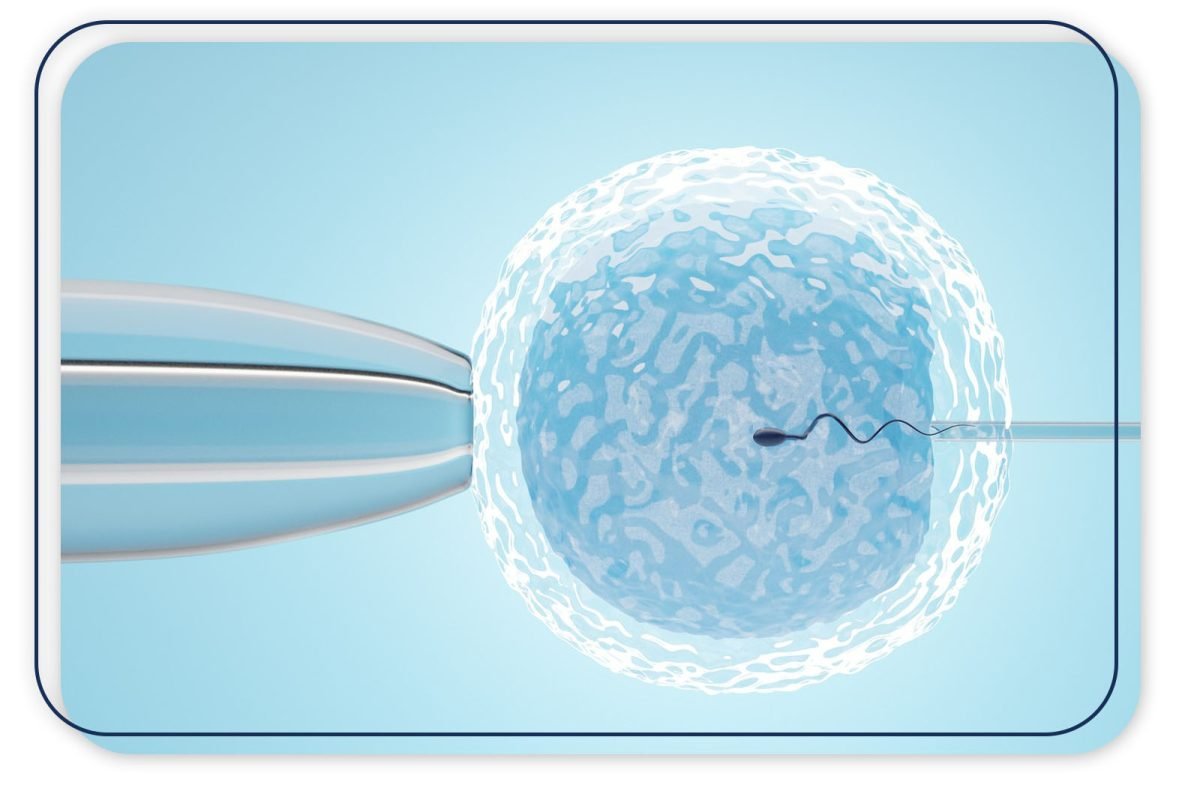
Treatments

Preimplantation Genetic Screening (PGT): Ensuring Healthy Embryos
Preimplantation genetic testing (PGT) offers a pivotal option for individuals with a family history of inherited diseases. It’s a screening method performed on embryos developed through in vitro fertilization (IVF) to analyze genetic characteristics before their transfer.
The Role of PGT
- Preventing Genetic Diseases: PGT enables the detection of abnormal embryo genetics, significantly reducing the risk of inherited diseases in offspring.
- Ensuring Chromosomal Integrity: By confirming the correct chromosome count in selected embryos, PGT minimizes the chances of failed IVF cycles and reduces the risk of miscarriage.
Ideal Candidates for PGT
- Women Over 37: Due to increased risks associated with normal reproductive aging.
- Couples with Genetic Risks: Those with a potential risk of passing on inherited genetic diseases.
- History of Recurrent Miscarriages: In cases attributed to chromosomal abnormalities.
Conducting PGT
- IVF Procedure: The first step involves IVF to produce embryos for PGT.
- Embryo Cell Sampling: After egg retrieval and laboratory fertilization, assisted hatching is performed for cell sampling.
- Genetic Analysis: Cells from the outer layer of the embryo are biopsied at the blastocyst stage for subsequent genetic analysis.
Preimplantation genetic screening serves as a proactive measure in ensuring healthier pregnancies by assessing embryos for genetic abnormalities. It offers hope to individuals with familial genetic concerns, allowing for a higher likelihood of successful pregnancies while mitigating the risk of transmitting inherited diseases.
Contact Us
Details available with Every Demo

Projektet e ndërlidhura








